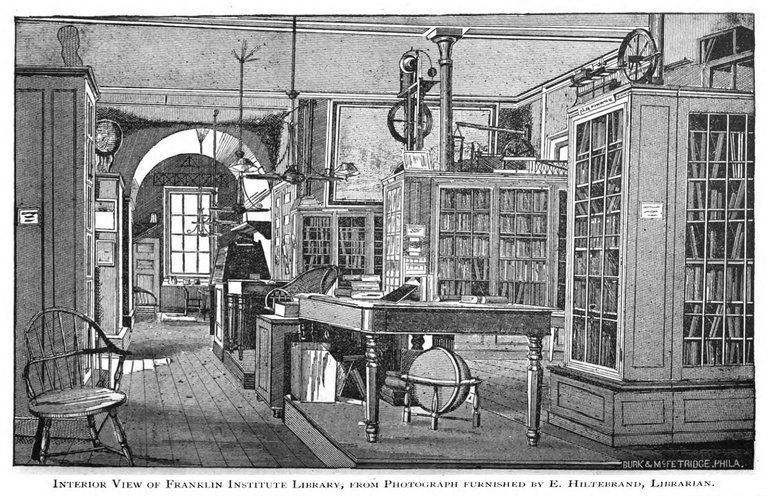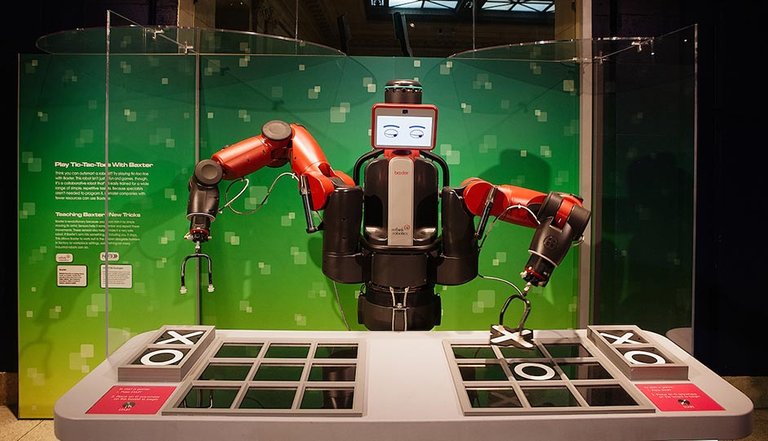This week, my colleagues in the Philly History Project are discussing deaccessioning, which is the process of removing objects from a museum/archival collection. We did several readings about it, including a discussion of how the Franklin Institute deaccessioned most of their research library when it no longer fit their mission to have it.
.jpg)
However, the way they went about it was very odd, very confusing, and very detrimental to the integrity of their collections. It didn’t even make sense from an economic perspective. In the reading, Green describes a seven part sale. In the first few parts, they auctioned large lots of materials, with vague descriptions of a few of the books in the lot, leaving the rest as surprises. Often, the most valuable books (valuable in both research value and money value) in the lot were not mentioned in the description, so it became a sort of lottery—you could buy a lot cheap and end up with a very valuable book, or buy one an end up with some random books that aren’t particularly valuable.

Why would they deaccession stuff this way? Wouldn’t it make more sense to properly describe the lots, and get more money for the more valuable books? I can’t say for sure, but I’ll make some guesses. Green notes that the library was not a focus for the Franklin Institute, and that it was understaffed and disorganized. Perhaps they didn’t really know what they had, and didn’t have good descriptions of it on hand. Second, they were in a rush to sell the materials in order to pay for their construction project and empty the library space for new uses. Combine these two, and it seems probable that they just pulled things from the shelves in haphazard order, put them in lots, quickly and vaguely described them, then sold them off. Not at all the best way to go about deaccessioning—as my colleagues have already discussed, it leads to many issues of access and violating the public trust.
Are there other explanations for this odd method of deaccessioning?
Source: James N. Green, "The Franklin Institute Sale," Annual Report of The Library Company of Philadelphia for 1987.
Center for Public History and MLA Program, is exploring history and empowering education. Click here to learn more.100% of the SBD rewards from this #explore1918 post will support the Philadelphia History Initiative @phillyhistory. This crypto-experiment conducted by graduate courses at Temple University's
It's also possible that they were able to raise more from this scheme than if they'd sold each book for market value. The lottery is America's biggest fundraiser for a reason!